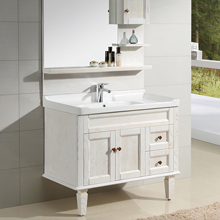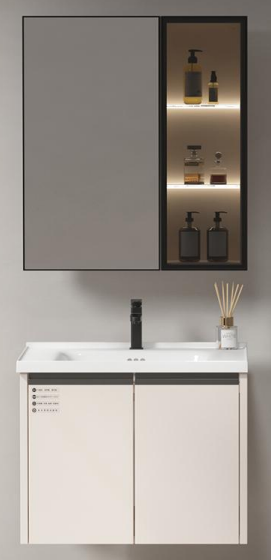With the continuous development of the construction industry, modular houses are receiving more and more attention due to their unique design concepts and construction methods. This article will explore the advantages of modular houses in multiple application scenarios such as residential, commercial and temporary buildings, focusing on analyzing their salient features in terms of rapid construction, cost control and environmental friendliness.
One of the biggest advantages of modular homes is the significantly shortened construction period. With factory production, the individual modules of the house are prefabricated in the factory and then transported to the site for assembly. Compared with traditional buildings, the construction speed of modular houses can be increased by more than 50%, which greatly meets the market's demand for rapid delivery.

Another big advantage of modular homes is the ability to effectively control construction costs. This construction method reduces material waste and reduces labor costs due to factory production. For developers, modular homes not only increase return on investment, but also attract more customers to choose affordable housing solutions.

In today's increasingly environmentally conscious society, modular houses are favored for their low energy consumption and low emissions. The environmentally friendly materials used in its production, as well as the relatively low consumption of resources required by the modular design, make this method of construction more sustainable.

To sum up, modular houses have shown unique advantages in different application scenarios. With the further development of the construction industry in the future, modular houses will undoubtedly become a more popular choice, helping the innovation and sustainable development of the construction industry.






